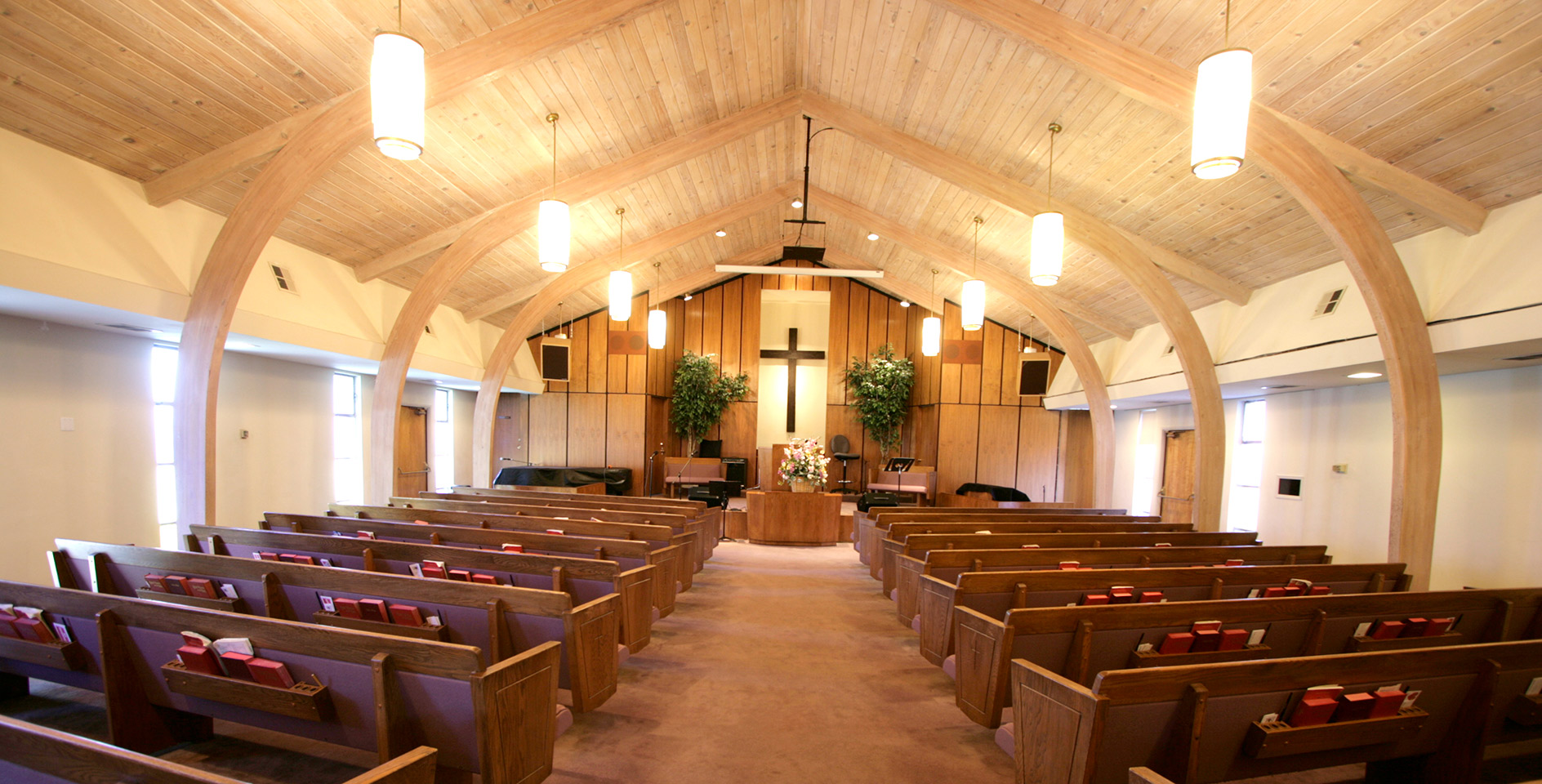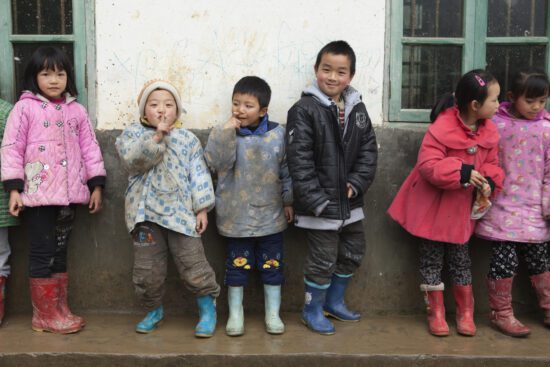Our community was just making progress in recovery efforts from a recent tornado when threats from the coronavirus re-ordered our lives again. Our daily rhythms changed quickly, but neither a tornado nor a virus has changed our gospel mission. In fact, we are discovering that we were built for this kind of moment.
Just as hospitals are built to treat sick people and schools are built to educate uneducated people, churches exist to give hope and help to people who need hope and help. We have light that pierces the darkness. We know and commune with the very God of the universe who holds power over disease and whose Son has defeated death.
So as our communities face unprecedented challenges, churches stand as ready-made disaster relief centers fully equipped to give the best kind of care imaginable.
We’re on a steep learning curve, but here are few ways we see God working through the local church:
1. We are fully prepared for this difficulty.
When Jesus was preparing his disciples for his departure, he promised them that he would not abandon them. He promised the coming of the Holy Spirit, who Jesus called our Helper, our Guide, our Teacher, and our Comforter. Jesus was faithful to his promise, and now the Spirit of God resides in every believer and is active in equipping us spiritually, emotionally, and physically to accomplish his will.
In our most desperate moment, we lack nothing we need to fulfill the purpose of God. We are not overcomers in the sense that we are untouched by tragedy, that pain is always kept at a distance, but rather that in our difficulty we are fully supplied to show others the beauty of Jesus and the hope of the gospel.
We’ve seen this truth play out in our church family as people from every walk of life have stepped into the rubble to serve their neighbors. We may not have the latest technology capabilities or the most finely-tuned organizational systems in place just yet, but as pastors and leaders, we can trust the Holy Spirit, who has already equipped every member of the body of Christ with unique gifts and callings, to move into the middle of brokenness with great effectiveness.
So let’s do whatever we can to shepherd our people well, recognizing that our skills and systems are not the most important asset we possess. The Holy Spirit residing in every believer is at work, and he is capable of transforming hearts and restoring lives, even in the middle of the most difficult circumstances.
2. We are fully prepared to give hope.
Bad news is bad. We do no one a favor by denying that. And the church should provide good information that is not always good news. Last year, our church started singing the song Living Hope by Phil Wickham. Here are just a few lines of that song:
“In desperation, I turned to heaven and spoke Your name into the night, then through the darkness, Your loving-kindness tore through the shadows of my soul; The work is finished, the end is written, Jesus Christ, my living hope . . .”
We are not a people ruled by fear, so we do not lead or serve others from a posture of worry, dread, or anxiety. Instead, we are people of hope because the work is finished and the end is written.
The church of the Lord Jesus is made for moments like this one. Unseen, unfamiliar forces of opposition are not new to the people of God. So we face uncertain days with confidence, fully prepared to fulfill the mission of God in our generation.
As churches in our community serve people wounded by wave after wave of suffering, we do so with a tender smile and open hands that remind people who have lost everything that they have not lost everything after all. The words we use, the tone of our voice, and even the countenance on our face reveal the abiding mercies of God.
The hope that is within us is the hope we dispense to others who are vulnerable to despair. Jesus is alive, victorious, and near to the broken-hearted.
3. We are fully prepared to love our neighbors.
A few years ago, our church began thinking more intentionally about what it means to love our city. We considered the prophet Jeremiah’s call to the Jewish exiles to plant their lives in the city where they lived, to seek the welfare of the city, and to pray for the city.
At that point, we began re-ordering our ministry around the question, “How’s our city doing?” That naturally led our people to connect with neighbors in new ways, to serve in the pockets of vulnerability, and to build meaningful relationships with leaders from every domain of our community.
In the wake of a tornado and now a virus, these relationships are absolutely flourishing. Church leaders, business leaders, educators, nonprofit influencers, and public officials from across our community who already know each other are working together to love our neighbors and help them take big steps toward wholeness.
When Jesus told the story of the Good Samaritan, he was answering the question about neighboring. In his story, it was religious people who avoided the hurting man along the roadside. And it was an outcast, half-breed Samaritan who took a chance, stopped to help, and became the hero of the story.
I’d like to think if Jesus were telling that story today, he would be able to say, “It was the local church that took a chance and stopped to help those who were hurting, downcast, and broken.” I’d like to think Jesus would point to us and say, “Now that’s what loving a neighbor looks like!”
The church of the Lord Jesus is made for moments like this one. Unseen, unfamiliar forces of opposition are not new to the people of God. So we face uncertain days with confidence, fully prepared to fulfill the mission of God in our generation.










